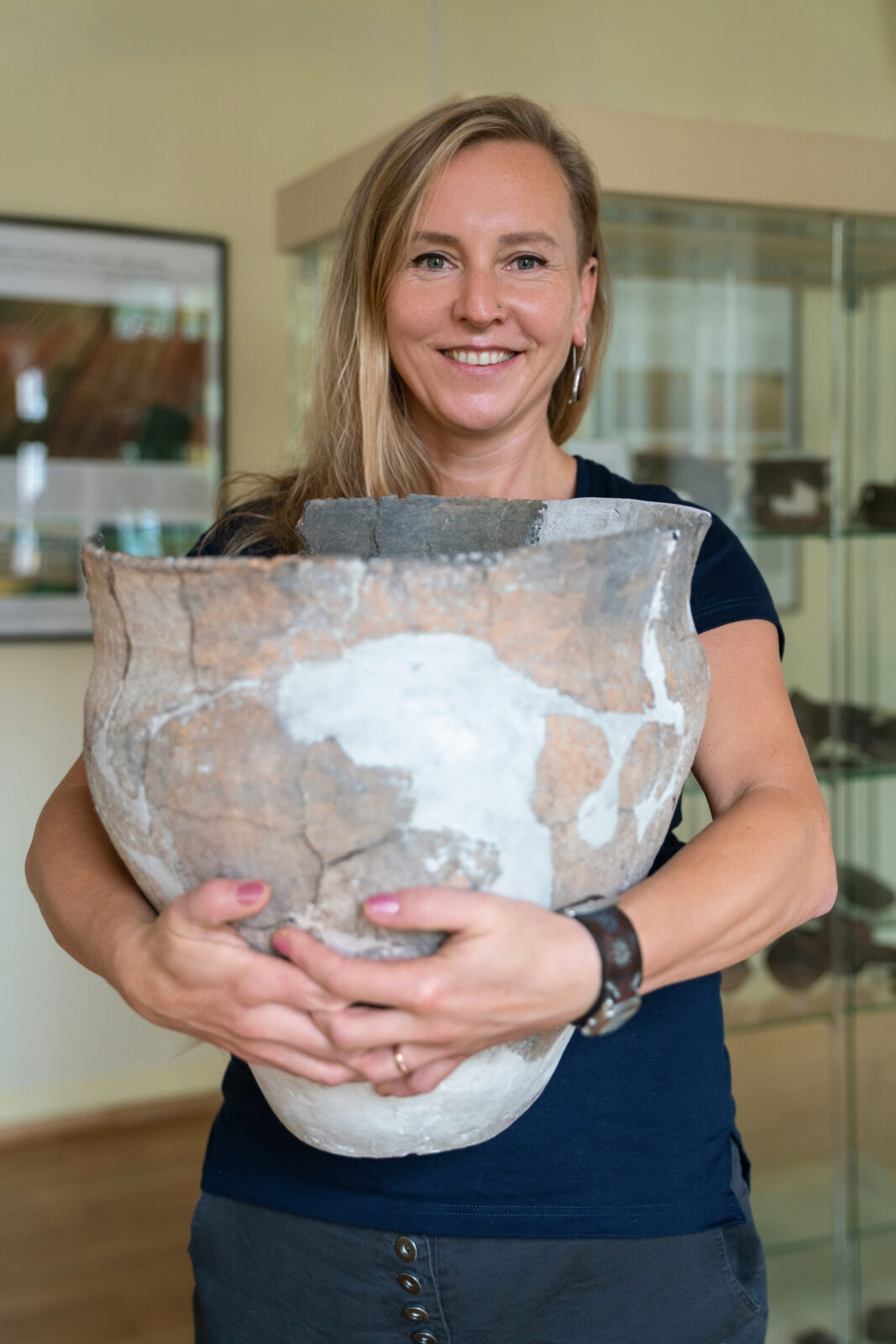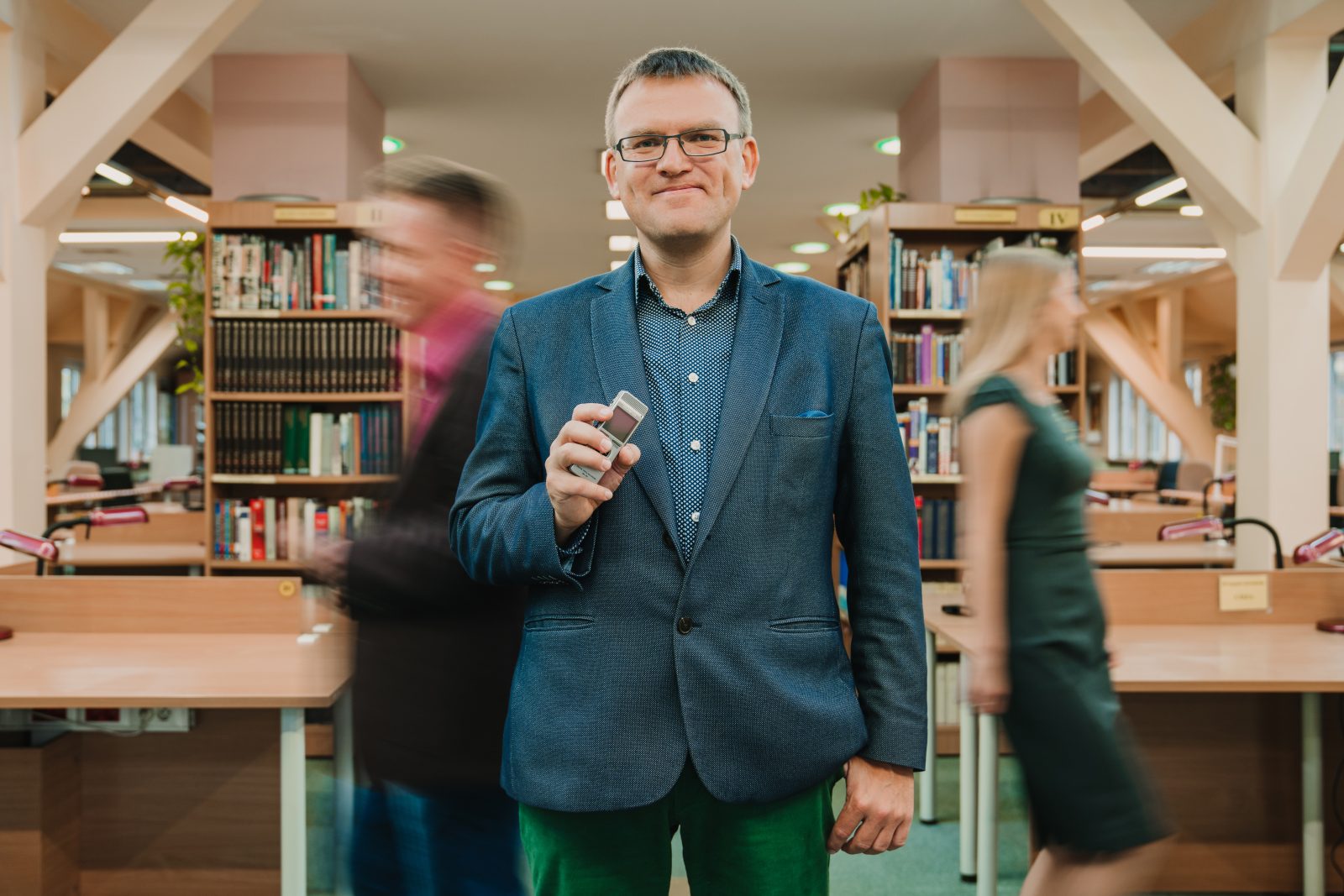
Fulbright Senior Award for our scientists
In 2023, Fulbright Senior Award fellowships will begin to be held by dr hab. Justyna Baron, prof. UWr, from the Department of Bronze Age and Early Iron Age Archaeology, and dr hab. Adam Mrozowicki, prof. UWr, from the Department of Labor and Economy Sociology.
The Fulbright program is the largest scientific and cultural exchange program in the United States. It is widely regarded as one of the most prestigious exchange programs in the world, with a reputation that extends far beyond the academic community.
The Fulbright Senior Award is a program that enables individuals employed in Polish academic and scientific institutions to pursue independent research or research and teaching projects at a host institution in the United States, such as a university, non-profit research institute, or government institution. The fellowship is targeted at research and teaching staff at all stages of their careers after obtaining a doctoral degree.
Dr hab. Justyna Baron, prof. UWr:
She is an archaeologist and lecturer at the University of Wrocław. Her scientific interests primarily revolve around the prehistoric period known as the Bronze Age (2300-800 BC). For several years, she has been engaged in studying the manufacturing technology and utilization of objects made from various materials.
Professor Baron on his project, motivation for participating in the program, and plans after completing the fellowship: My project (Cross-craft interactions in the Central European Bronze Age) aims to investigate the interactions among people involved in various types of craftsmanship during approximately 2300-800 BC, in a broader perspective that goes beyond presenting archaeological and archaeometric data obtained for individual raw materials. I will utilize data from selected sites where a range of objects made from different materials were produced.

I aim to gather data obtained for selected crafts such as pottery, metallurgy, and bone and antler working to investigate whether and how people engaged in processing different materials communicated with each other. The primary objective of my project, therefore, is to provide a comprehensive and coherent interpretive model of communication and knowledge transfer in various types of specialized and ad hoc activities.
I was encouraged to apply to the program by the accounts of colleagues for whom studying and conducting research in the United States proved to be a transformative moment in their careers. The prestige and international recognition of the Fulbright program itself were significant factors for me, along with the opportunity to pursue my own research idea and establish scientific connections in such a renowned institution as the Field Museum in Chicago. The prospect of being able to travel with my family also played a role in motivating me to submit my application.
Upon completing the fellowship, I intend to develop new courses for archaeology students focusing on the methodology of studying prehistoric technologies. Additionally, I plan to prepare a grant proposal for further research on technology in the Bronze Age.
Dr hab. Adam Mrozowicki, prof. UWr:
He is a sociologist specializing in labor and the economy. He obtained his doctoral degree from the Catholic University of Leuven in 2009. Currently, he serves as the head of the Department of Labor and Economy Sociology at the Institute of Sociology at the University of Wrocław. Throughout his academic career, he has conducted research on the life strategies of workers in Poland after 1989, analyzed the revitalization processes of trade unions in Central and Eastern European countries, and explored the experiences of young people in the labor market in relation to the development of precarious forms of employment in both Poland and Germany.

Professor Mrozowicki on his project, motivation for participating in the program, and plans after the fellowship:
During the fellowship, I will carry out a pilot Polish-American comparative study of workers’ ways of coping with overlapping social and economic crises after the Covid-19 pandemic outbreak in 2020. I am interested in the work experiences of essential workers employed on the front lines of health care, social assistance and logistics. Research conducted in Poland has made it possible to describe responses to multi-crises in terms of innovation, control, resistance and normalization. I will conduct comparative research in New York State, using an analogous research method (biographical narrative interviews with employees). Empirical research, literature studies and collaboration with professor Virginia Doellgast’s team at Cornell University’s ILR School will allow me to compare the experiences of workers necessary in Poland and the US and identify sources of worker innovation, resistance and normalization in the face of multicrisis in both contexts.
The Fulbright fellowship will provide a rare opportunity to understand the diverse class, ethnic, and cultural worlds of work in the United States and compare them with the experiences of essential workers in Poland. I am convinced that the knowledge gained through comparative research can serve to strengthen social dialogue in collective labor relations in both countries and promote “good jobs” based on worker participation and grassroots social innovation. I share the conviction, embodied in the Fulbright Program’s mission statement, that academic cooperation, knowledge sharing and experience sharing make it possible to strengthen the foundations of democracy on a transnational scale. The voice of workers is not always well heard in discussions about building social resilience to multiple crises and strengthening the foundations of democracy. I hope that my research in the US, in collaboration with professor Virginia Doellgast’s team, will strengthen the presence of the workers’ perspective in public and academic discussions.
I perceive the Fulbright fellowship as a pivotal moment in my academic biography. After the fellowship ends, I would like to prepare a book on labor’s ways of dealing with overlapping socio-economic crises. It is my intention that the work will be an essential part of my application for academic promotion and the title of professor. I assume that the monograph will be available to a wider audience and for teaching purposes, allowing for wider dissemination of the results of Polish-American research. I also plan to continue working with both professor Doellgast’s team and labor organizations, including trade unions in the US and Poland, to disseminate the research results.
Source: The Polish-U.S. Fulbright Commission
Translated by Ilona Mutke (student of English Studies at the University of Wrocław) as part of the translation practice.



